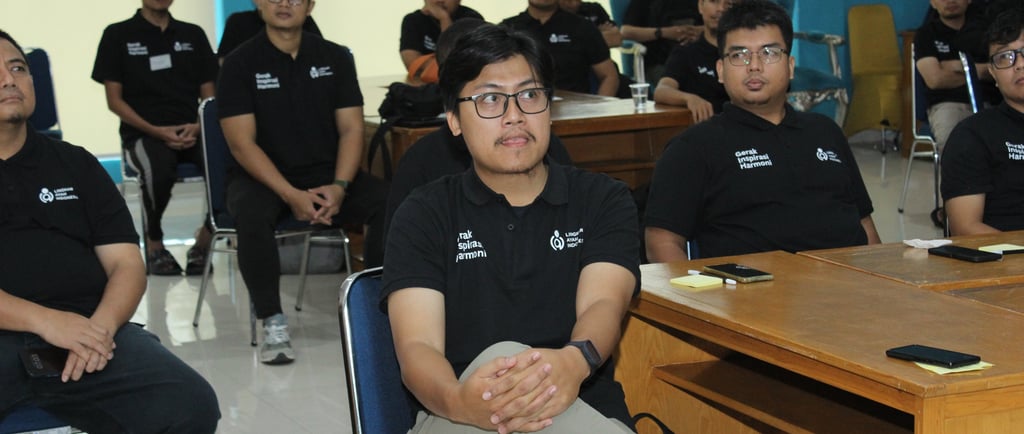Could We Be Longing For Storyteller Dads in the Future
From Family Communication Perspective
8/30/20252 min read


“A father who is a storyteller but not a physicist is more likely to inspire his child to become a physicist than a father who is physicist but not a storyteller.” - Gita Wirjawan
Who doesn’t love a story? A rumor about celebrity divorce is enough to spark curiosity. A breaking crime case often captures us even deeper, leaving behind not only curiosity but also pain and sorrow. That is the irresistible pull of storytelling: it draws us in, compels us to keep searching for updates, and keeps our emotions engaged. The story has psychological appeal that is hard to resist.
When parents fight constantly and only show anger and resentment, children absorb marriage as a reality of conflict and blame. Over time, this becomes their blueprint of family life. They may grow up anxious in relationships, unable to trust the idea of warmth in the household, simply because they never had such stories in their life upbringing. So, stories are our main medium for understanding the world.
This echoes the social construction theory by Berger and Luckmann (1966), who argued that our reality is shaped through daily interaction legitimized by language, symbols and stories. In other words, when we listen to podcasts, watch a film, or even overhear our parents' arguments, we are not merely listening, but we are actively constructing our world. Walter and Fisher (1984) went further, humans are essentially homo narrans, beings who live and act through stories.
And stories always carry a kind of magic. They can terrify us when ghosts and curses are the topic. But they can also inspire us when the tale is about Marvel’s Avengers or a real-life zero-to-hero journey. Stories deliver values, hopes and fears that ignite our shared humanity. Perhaps with this understanding, we can better grasp Gita Wirjawan’s point above.
A physicist father may be able to hand over facts, data or even orders to push his child toward physics. But a storyteller father can awaken curiosity, motivation, and wonder through narrative. Storytelling can make complex ideas and concepts like physics meaningful and relatable.
Take a simple example. Two hard objects colliding. Newton’s law explains they will repel, never merging. A storyteller father could turn this into wisdom for his child, “Son, isn’t this like two stubborn people? They can argue and raise their voices, but without flexibility of heart they will never reach agreement.” Physics, once rigid, now becomes a mirror of life.
That is the power of storytelling, reversing my apathy towards natural science, enchanting my admiration for physics. This wisdom was spoken ten years ago by one of my tutors, and it is still vivid in my memories. If a tutor could leave such a mark through a simple story, what if it were a father?.
References:
Berger, P. L., & Luckmann, T. (1966). The social construction of reality: A treatise in the sociology of knowledge. New York: Anchor Books.
Fisher, W. R. (1984). Narration as a human communication paradigm: The case of public moral argument. Communication Monographs, 51(1), 1–22. https://doi.org/10.1080/03637758409390180